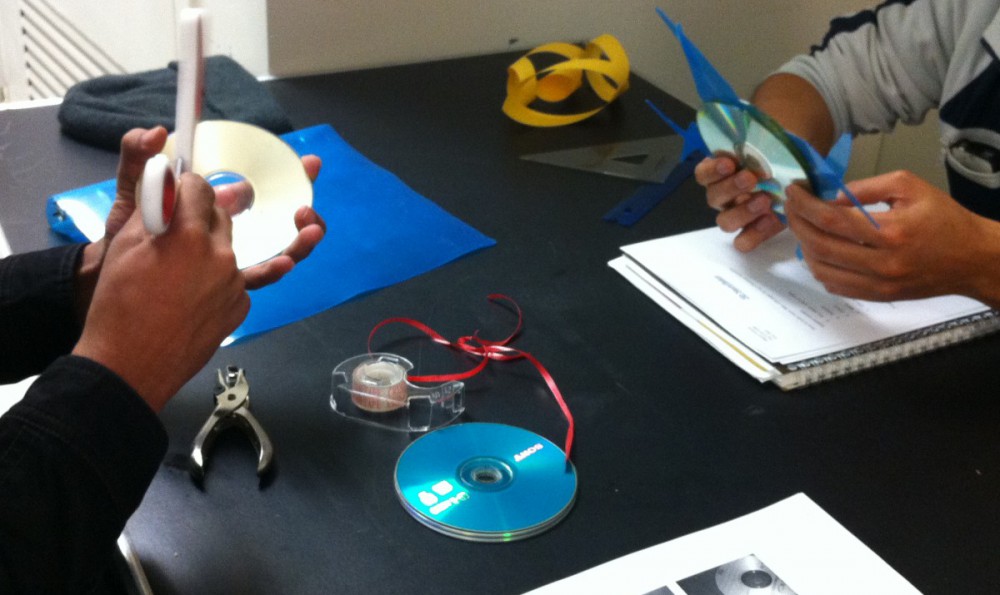As the technology progresses throughout the years, the ways people perceive others change simultaneously. Technological advancements have such influence that they give more information about the person, more ways to dispose lives and provide a completely new dimension for an individual to expose its life. According to the article “Employers scour Web for details on applicants” job seekers should be aware, because “potential employers are scouring the Web for information about you — everywhere from Facebook walls to eBay’s comment pages.”
There is two major consequences of this case. It is bad because the jobseekers have to limit their web freedom, and control their exposure in the internet. On the other hand, this is good and beneficial even, it lets jobseekers to brand themselves and recommend them by providing the good image in the internet. This can be crucial in the high competitive job proposals.
The article I found is “What Your Social Media Reputation Says to Employers” written by Emily Driscoll, consists of the information that might optimize the image we create in the internet. In her article, the author claims that out of 69% student who are preparing for the future employment, “only 16% are spending time proactively improving their web presence.” Driscoll suggests that students who apply for the job have to check on their future employers similarly as the employers check on the potential employees. The author gives four tips from online and career experts for graduates to optimize their online identities. The first tip is to search for your name in every major search engine and find if there is some information that needs to be deleted or revised. Second tip is to not rely on privacy settings, certain posts and photos might be displayed despite the privacy restrictions. The third tip is to delete any information, posts or photos, which can be considered inappropriate for the public setting. The fourth tip is to keep your posts and comments grammatically and spelled correctly, this will make a good impression on the potential employers.
While I searched my name in the internet, I have found myself in the OpenLab, which consists some of my best-written works, and my Google+ account, which I do not use at all. Therefore, after this brief search I have not found anything surprising out there about myself. Still, the situation is that until after I have heard about it in the class, I was not thinking about it, was not expecting it to have any influence on my future job experiences.
Colleges are doing a beneficial deed, according to article “Colleges Pay to Protect Students from Toxic Google Results.” As it is mentioned in the article, graduates or jobseekers have to be aware of the possibility that potential employers might use internet to “spy” on them, and use the gathered dossier to make a negative decision. I think this kind of warnings should be provided in elementary schools. Also whenever a new user register in the internet, the social networks should make a pop-up massege to warn their clients that the information disposd on their spaces might be used against them. The users will be notified and could post and comment and use the network in the safe way. This way there would be much less ignorant decisions made by internet users, and much higher chances that they would get a job.
Although, I do not find it unethical, I think that unwieldy posts or comments, or even photos are NOT the most accurate way to get a decent and solid judgment about real character of a person. I believe that a person behaves differently in public setting and in private setting amongst their friends for instance, like in Facebook. The problem is that people have to keep this boundary and do not expose what is private to the public spaces in the internet as it is mentioned in the article “What Your Social Media Reputation Says to Employers.”
I care about the privacy of my life, and do not want to overexpose my personal life or brand my life in general. That is why I have deleted my Facebook account number of years ago. I use numerous other social media networks. With the care I tighten all of the privacy setting in the accounts that are to be exposed in the internet and try to not brand myself as much. I also try to not write my real name and use all of my accounts under the different names and pseudonyms. I guess this is my approach not brand myself. This way I can still be in touch with needed people and have access to the functions of these websites however, with no harm to my future and my reputation. This is just my choice; however, it is not fully beneficial. As it is written in article “Employers scour Web for details on applicants” online representation, if it is positive, can be beneficial by convincing the employer to make positive decision.
References:
1. Driscoll Emily, “What Your Social Media Reputation Says to Employers”, published June 03, 2013
2 . Marcus Dave, “Employers scour Web for details on applicants“, Updated July 23, 2010
3. Weber Lauren, “Colleges Pay to Protect Students from Toxic Google Results.” published Dec 17, 2012



